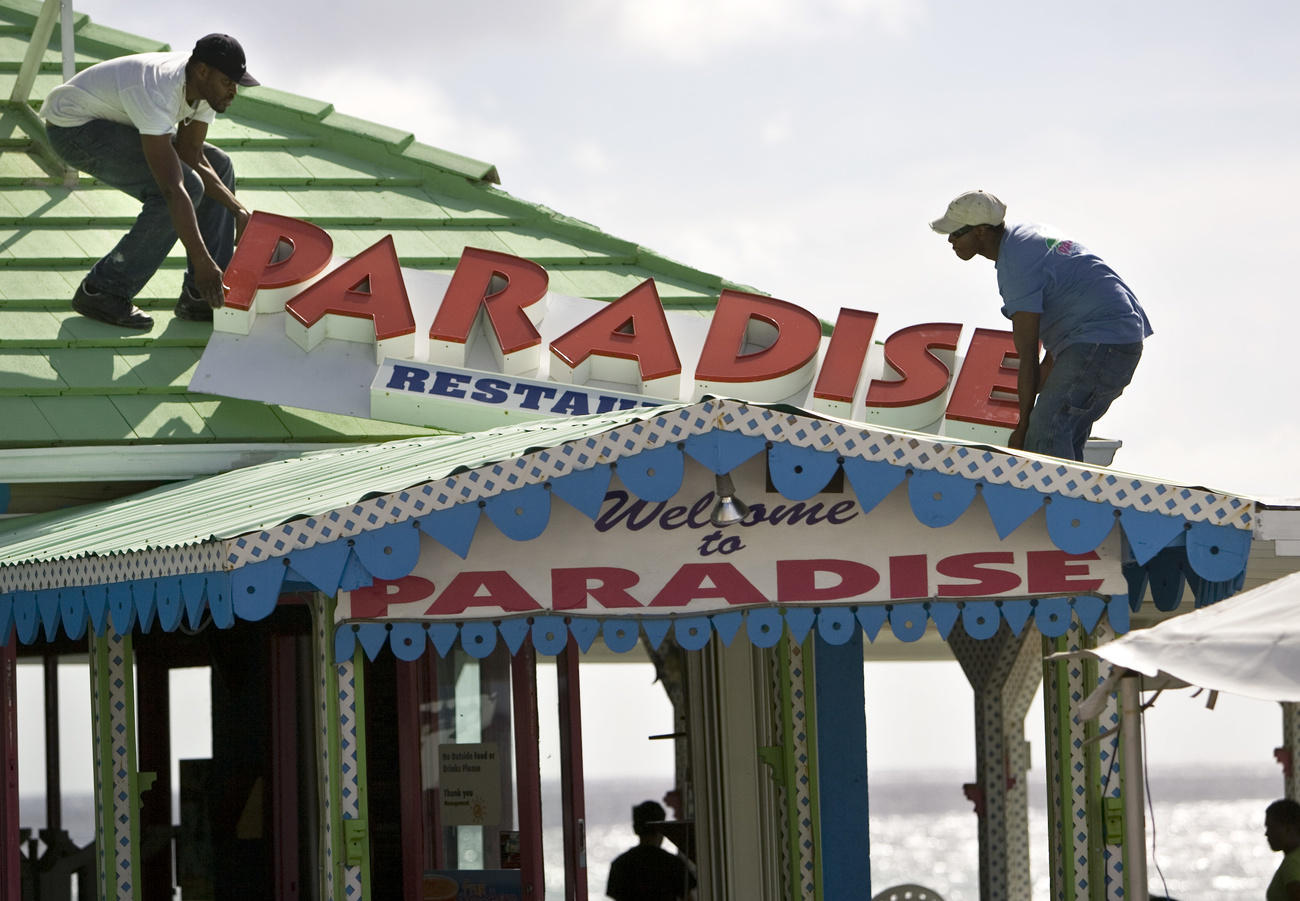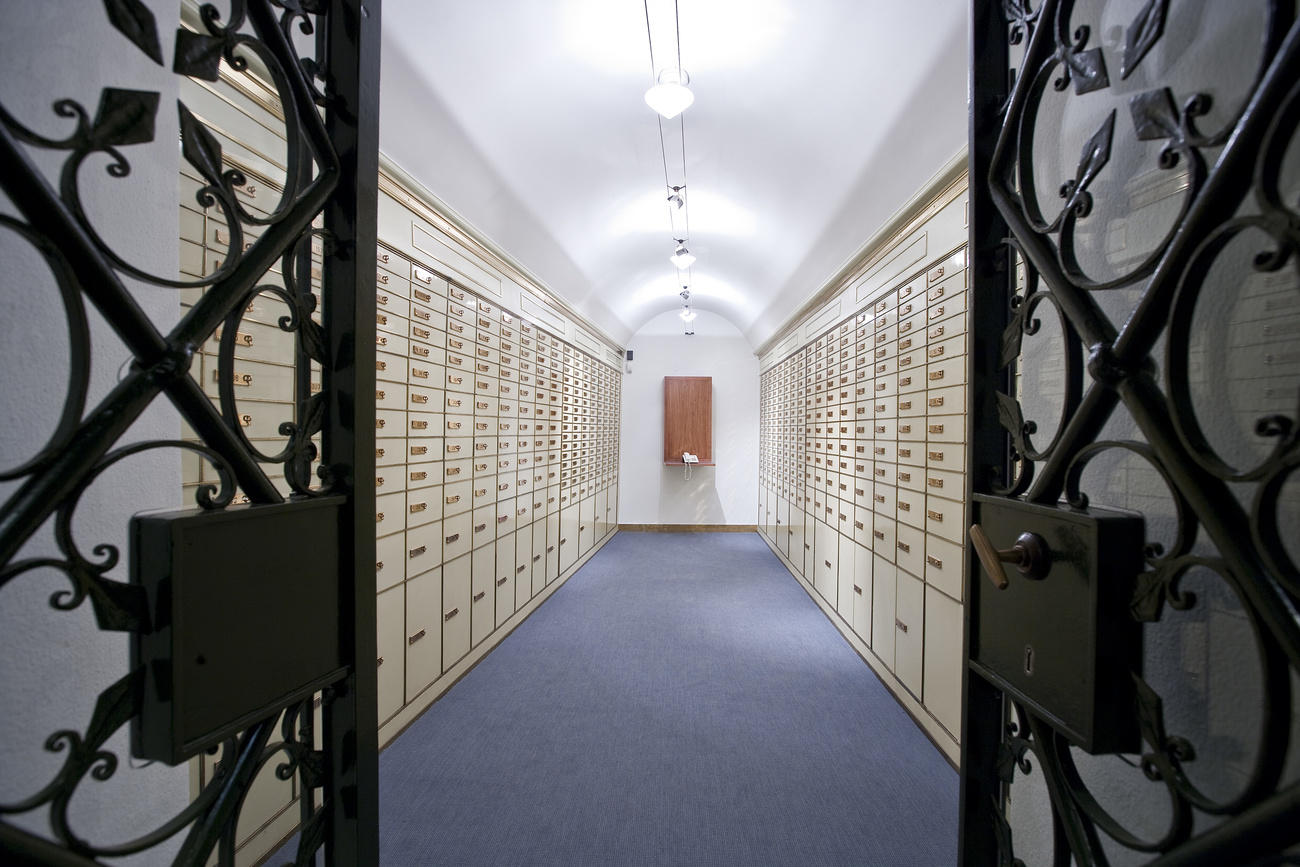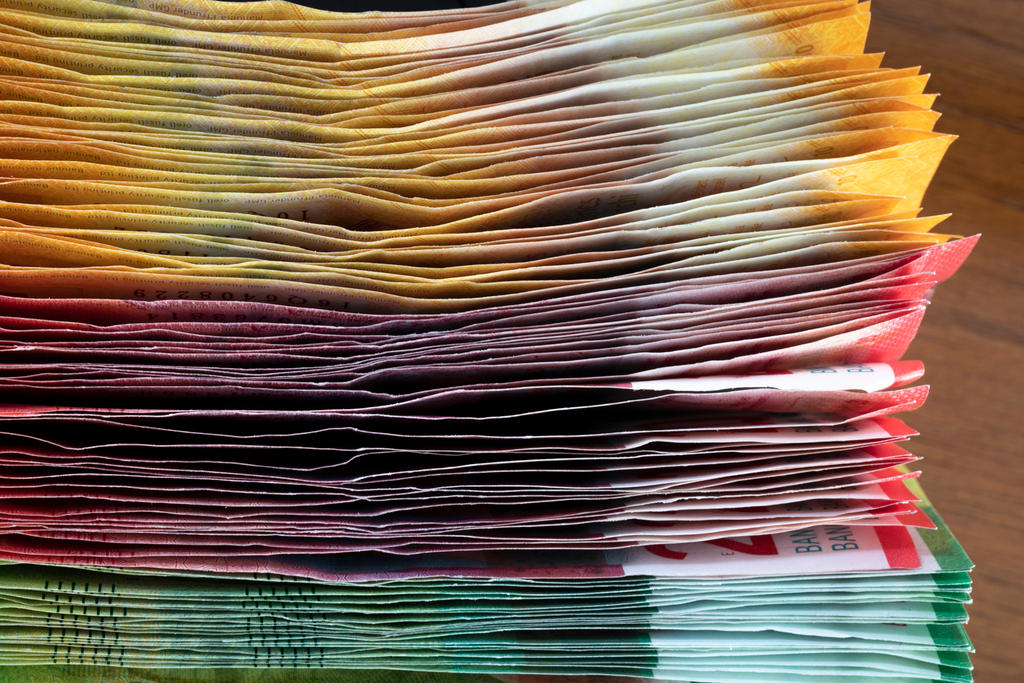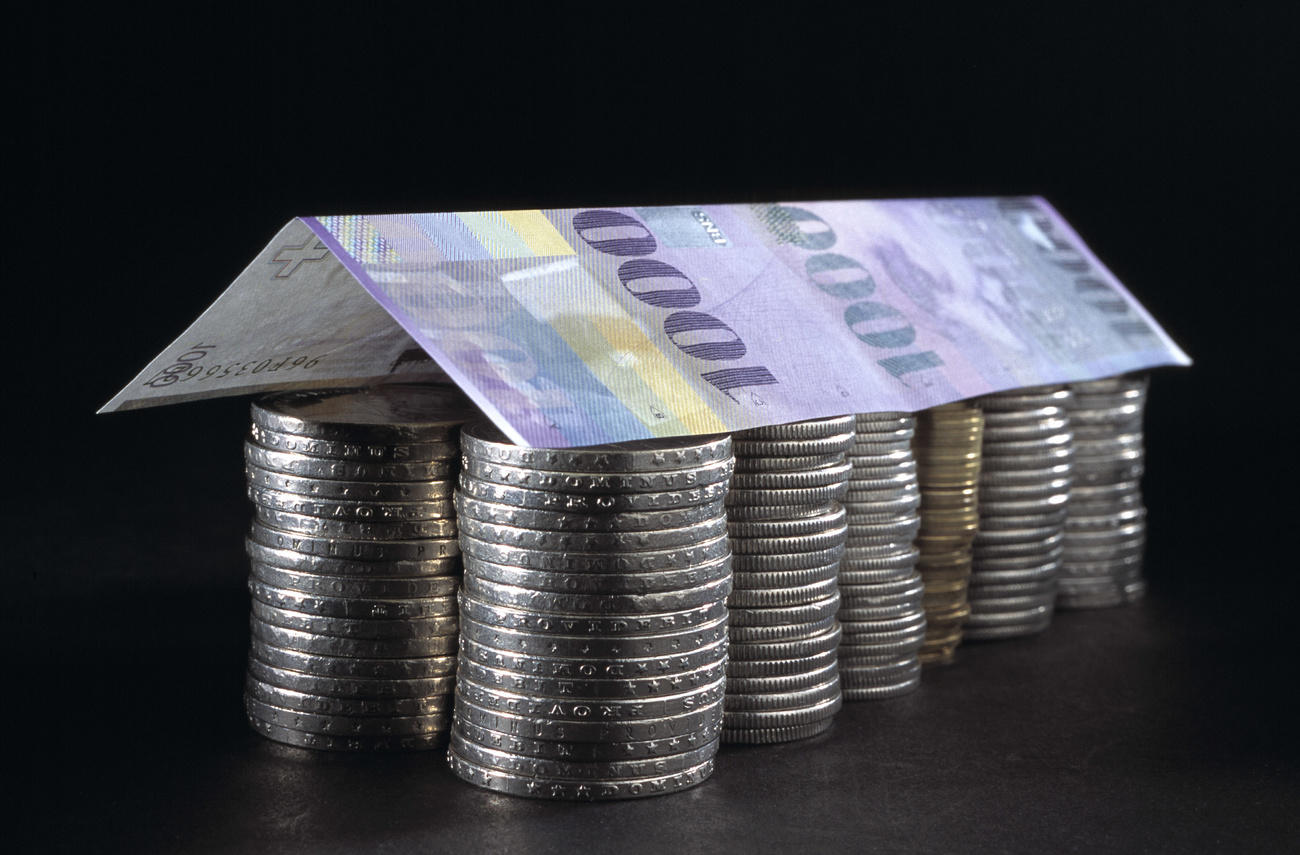Switzerland still a hot spot to hide money, but getting better

Switzerland has improved its score in a ranking of countries complicit in helping individuals hide their finances. But this is far from something to celebrate, says an alliance of NGOs.
The biennial Financial Secrecy Index ranks each country based on how intensely the country’s legal and financial system allows wealthy individuals and criminals to hide and launder money from around the world. The index bases each country’s secrecy score on 20 indicators, each of which is scored out of 100.
For the first time Switzerland isn’t the worst offender in the Financial Secrecy Index, which was first published in 2011. The current Financial Secrecy IndexExternal link, released by the Tax Justice Network on Tuesday, found that overall financial secrecy around the world is decreasing due to a push for more transparency. On average, countries on the index reduced their contribution to global financial secrecy by 7% since the last index in 2018.
The Cayman Islands took the top spot followed by the US, which posted a worse score than the previous year partly because it has yet to sign up to the Common Reporting StandardsExternal link for automatic exchange.
Switzerland’s expansion of the automatic exchange of information on clients to include over 100 countries helped the country move from first to third when it comes to opacity. According to the ranking, Switzerland reduced the risk of acting as an offshore haven by 12% from 2018.
However, wealthy people from countries not on the list, many of which are in the developing world, can still hide their money virtually risk-free from the tax authorities in their home country by using the offshore services of banks and other financial service providers in Switzerland.
A case in point: Isabel dos Santos, the daughter of the former Angolan president, who, according to recent Luanda Leaks revelations, allegedly siphoned hundreds of millions of dollars of Angolan public funds into offshore accounts, including some in Switzerland.
According to the Swiss Bankers AssociationExternal link, Swiss banks still manage more than a quarter of the world’s cross-border assets. To NGO Alliance SudExternal link, a consortium of six development agencies, this means that Switzerland is still the world’s largest offshore financial centre even if it isn’t the most opaque. Despite the easing of banking secrecy in the last decade, the NGO argues that Swiss financial and tax policies remain insufficient in the fight against global tax evasion.
Foreign aid winds up in offshore Swiss accounts
A World Bank research report External linkpublished yesterday revealed that aid disbursements to aid-dependent countries coincide with sharp increases in bank deposits in offshore financial centers including Switzerland. The report found the leakage rate to be around 7.5% and increases with the ratio of aid to GDP.
From 1999 to 2010, total foreign deposits from the 22 aid-dependent countries in the study stood at $199 million. Some 29% of these deposits can be assigned to six locations. Among the havens, for which bilateral deposit information is publicly available, Switzerland is by far the most important. This raises concern that aid isn’t always reaching the target beneficiaries but rather ending up in the hands of corrupt elite.

More
Switzerland in the age of automatic exchange of banking information

In compliance with the JTI standards
More: SWI swissinfo.ch certified by the Journalism Trust Initiative



You can find an overview of ongoing debates with our journalists here. Please join us!
If you want to start a conversation about a topic raised in this article or want to report factual errors, email us at english@swissinfo.ch.